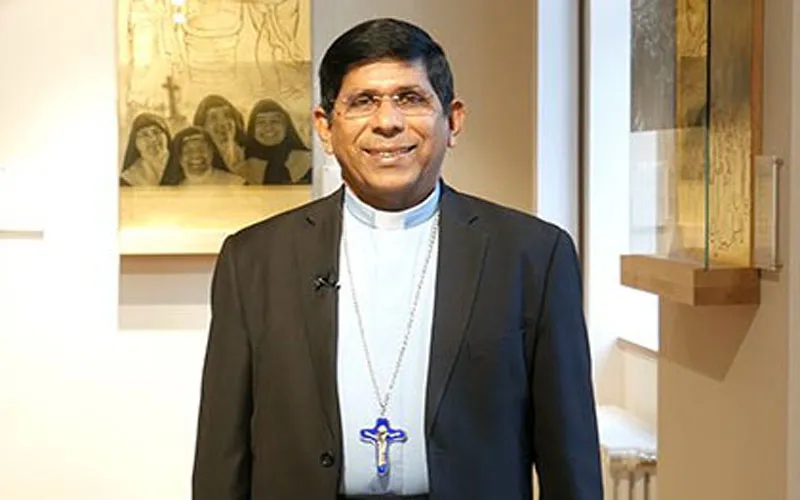Port-Bergé, 01 March, 2020 / 8:30 pm (ACI Africa).
Radical Islamization in Madagascar is at the heart of the emerging challenges that the island country in the Indian Ocean is battling with amid high levels of corruption, illiteracy and poverty, a native Bishop has disclosed in a recent interview.
In Madagascar, Muslims are going as far as paying women to wear the Burka, a Muslim outer garment that covers the body and the face and giving out scholarships to non-Mulsims to attend Koran lessons, Bishop Georges Varkey Puthiyakulangara of Port-Bergé Diocese, in the North of Madagascar told Aid to the Church in Need (ACN) International in the February 20 interview.
Expressing concerns that the relationship between Moslems and Christians had taken a plunge in the country off the coast of East Africa, Bishop Puthiyakulangara said, “Relations with the Muslims used to be good, but for some time now we have been seeing Islamists come in, and we are now confronted with the Islamization of the country.”
He added, “We have learned that in the universities the young, non-Muslim female students are being paid three Euros a day to wear the Burka.”
Nearly half of the population in Madagascar subscribe to indigenous beliefs. Another 41 percent are Christians, divided into Catholics and Protestants. Muslims are only 7 percent of this population.








